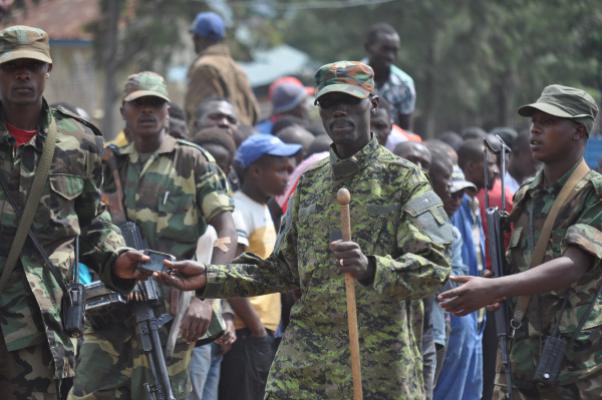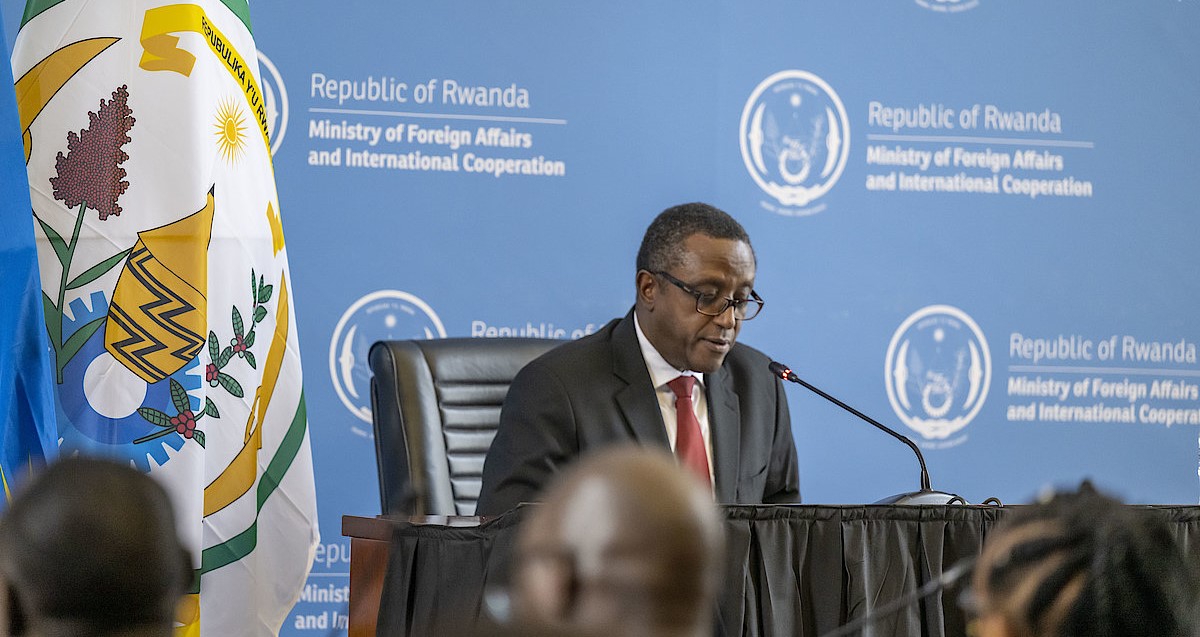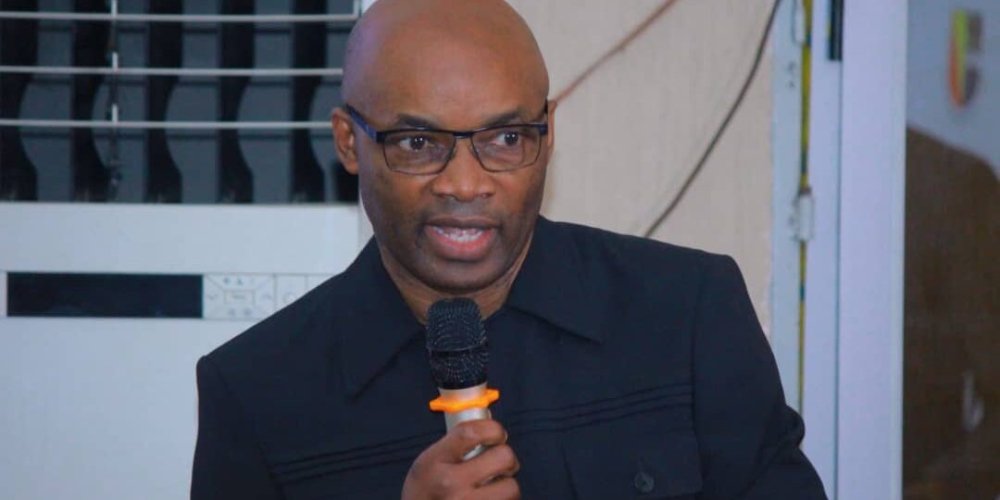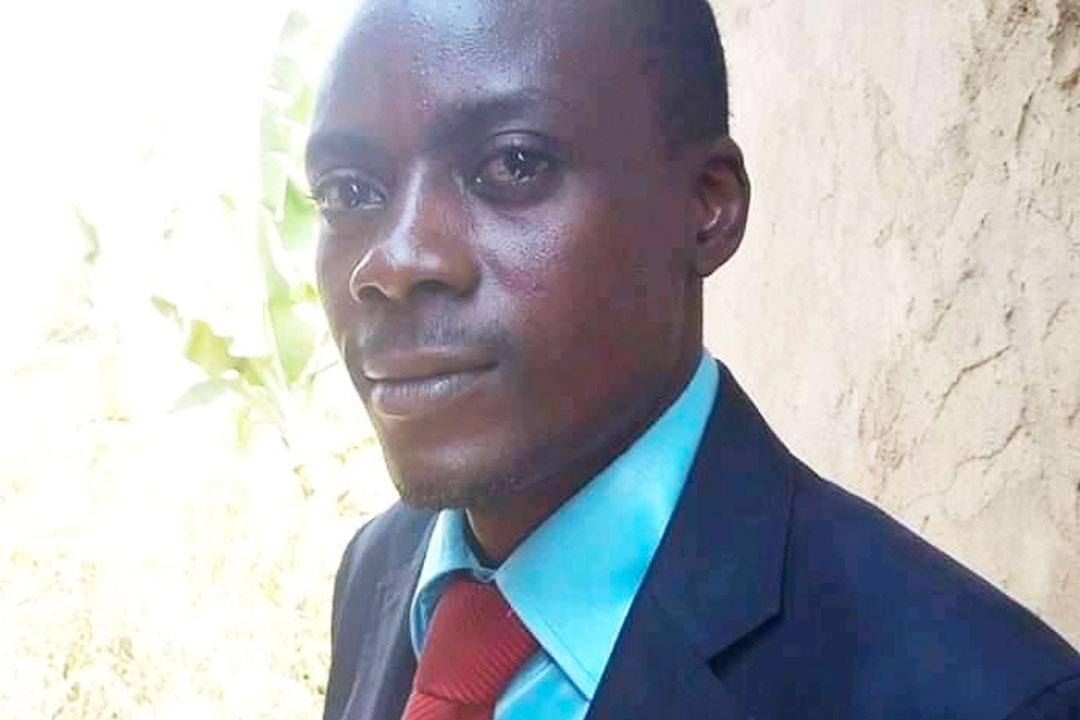The conflict in the east of the Democratic Republic of the Congo (DRC), involving the M23, is escalating to a new level. The involvement of the Southern African Development Community (SADC), the announced support of the UN, Burundi’s firm decision to back the DRC, and the DRC’s sovereign determination not to yield, are complicating Kigali and its proxy, the M23’s plans. This situation has been further complicated by the Rwandan government’s recent diplomatic initiative. On February 13, 2024, Vincent Biruta, Rwanda’s Minister of Foreign Affairs, sent a note verbale to the United Nations Security Council. This document requires meticulous analysis to navigate its layers of rhetoric and to unveil the true intentions and sentiments that lie beneath.
The Paradox of Rwanda’s Plea for Protection
The Rwandan government has officially communicated its disapproval to the United Nations over the planned support for the SADC military mission in eastern DR Congo. Rwanda questions the impartiality of the SADC force—comprising troops from South Africa, Malawi, and Tanzania—accusing it of siding with the DRC government against Congolese Tutsis, thus posing a threat to its security. In a meeting between Jean-Pierre Lacroix, the Deputy Secretary-General for Peacekeeping Operations, and SAMIDRC’s commander, South African General Dyakopu Monwabisi, focus was placed on coordinating support for the Congolese army in combating eastern armed groups. Lacroix clarified that Security Council Resolution 2717 instructs MONUSCO to evaluate the provision of limited logistical and operational support to SADC’s SAMIDRC, with proposals on the specifics of this support pending Security Council approval.
However, in the note verbale submitted by Vincent Biruta, there is an absence of concrete evidence to support the argument against the UN and MONUSCO’s backing of the SAMIDRC force. The Rwandan government criticizes the SAMIDRC for not being neutral. Yet, neutrality should not be invoked in the context of a conflict between a sovereign state and a terrorist entity. The Southern African Development Community (SADC) represents a model stance, advocating for unwavering support of the DRC against the M23 aggression. This approach encompasses political, diplomatic, and military dimensions. Such a stance assumes significance unless Rwanda concedes that the M23 acts as a facade or an extension of its governmental interests, suggesting a direct confrontation between Rwanda and the DRC.
Rwanda’s request to the United Nations stands as a profound contradiction. It demands defense against a unified African stance in support of the DRC, a nation countering a rebellious faction with aspirations of territorial expansion. The reemergence of the M23, with backing from a neighboring country, challenges the foundational goals of the UN’s peacekeeping efforts. Rwanda’s strategy in framing its request demonstrates a disconnect with the fundamental tenets of the United Nations, highlighting the inherent contradiction of advocating for peace in the Great Lakes region while seeking leniency for a group like the M23, which endangers the DRC’s sovereignty.
Rwanda’s plea for MONUSCO to withhold support from the SADC is rendered particularly indecent and inappropriate in light of damning revelations from a UN report, corroborated by French military intelligence. This document unveils the Rwandan military’s deployment of surface-to-air missiles, including instances where these weapons were directed against MONUSCO assets. Such aggressive actions starkly contradict the call for neutrality and peace in the region, intensifying the inappropriateness of Rwanda’s request.
Exploiting genocide as a Political Tool
The note verbale second point of contention is its apparent manipulation of the genocide against the Tutsi—a historical atrocity of immense sorrow and gravity. Utilizing this event as a rhetorical tool to deflect criticism is not merely offensive; it significantly undermines the gravity of the term ‘genocide.’ The suggestion of a similar threat within the Democratic Republic of the Congo (DRC), a nation characterized by its diversity with over 254 ethnic groups, lacks any substantial basis. This approach trivializes the concept of genocide, potentially diminishing the international community’s response to real genocidal threats.
The claim by the M23, positing itself as a bulwark against alleged genocidal intentions of the Congolese government towards Tutsi citizens, is significantly flawed and lacks credibility. Despite the M23’s control and occupation of territories in the Congo for over two years, these regions are notably devoid of Tutsi populations. Considering the Tutsi population in Congo is nearly 300,000 within North Kivu’s populace of 6.5 million over an area of 60,000 km², the group’s assertions are unfounded. Furthermore, the justification that the M23 is capturing significant portions of Congolese territory, threatening to take over major cities like Goma, controlling strategic and mineral-rich areas such as Rubaya, and commanding trade routes, does not align with the pretext of protecting Tutsis. These actions, aimed at territorial conquest and control, bear no relation to the safeguarding of Tutsi communities.
Rwanda’s efforts over the past two years to craft a narrative portraying the M23 as protectors of Congolese Tutsis from a purported genocide attempt to parallel the narrative of the Rwandan Patriotic Front (RPF) from 1994. This narrative, which has garnered sympathy and leniency for the RPF for three decades, is now being manipulated in an attempt to extend similar narratives to the M23 through deceitful propaganda. This strategy aims to reframe isolated extremist acts as indicative of a state-level genocidal ideology against Tutsis. It’s essential to clarify that most anti-Rwandophone actions in the DRC have targeted Rwandophones broadly, not specifically Tutsis, who make up less than 3% of the population in North and South Kivu. Among the Rwandophones in the DRC, there is a diverse composition that includes both Congolese and Rwandan Hutus, alongside Tutsis.
The distortion of history does more than just conceal the nuances of the current conflict; it also capitalizes on the genocide’s tragic legacy for political leverage, thereby diluting its gravity and potentially weakening the international resolve against real threats of genocide. In the three decades following the genocide against the Tutsi, a new form of suffering has emerged for the survivors: their ordeal is now a tool for political manipulation. By co-opting the memories of the deceased and the anguish of those who lived through it for strategic gains, this exploitation grossly disrespects those affected. Worse yet, this insidious policy stigmatizes the Tutsi, paradoxically isolating them under the guise of protection—a tactic that raises questions about Kigali’s true intentions. Such actions not only belittle the deep losses and traumas endured but also risk desensitizing the world to the seriousness of genocide, jeopardizing the integrity of the survivors’ experiences and the solemn respect due to the event.
Even if the argument of Congolese Tutsi endangerment held any truth—which has been demonstrated as baseless—the notion that Rwanda has the right to intervene in Congolese internal affairs under the guise of protecting Tutsis is without merit. No country possesses the mandate or legitimacy to interfere in the internal issues of another sovereign nation to address the concerns of a particular community. Such interventions raise significant questions about the true intentions behind these actions, suggesting motives that extend far beyond the stated goal of protection.

The Misrepresentation of the FDLR
The third point of concern identified in the diplomatic note addresses the continuous stigmatization of the Democratic Forces for the Liberation of Rwanda (FDLR), particularly the issue of consistently labeling them in all dialogues as a genocidal and terrorist organization.
The narrative labeling the FDLR as a genocidal entity is contradicted by the integration of its former commanders into the Rwandan administration. This contradiction is stark when considering that figures such as Paul Rwarakabije, a former FDLR president, have transitioned to high-ranking roles within the administration of the Rwandan Patriotic Front (FPR), with Rwarakabije becoming one of Rwanda’s top generals and now enjoying a comfortable retirement in Kigali. Similarly, Jerome Ngendahimana, the FDLR’s former deputy leader, has held one of the highest military positions and led the Reserve Force of the Rwandan Defence Forces (RDF) for many years. Several ex-FDLR members, including General Evariste Murenzi who currently oversees all of Rwanda’s prisons, maintain prominent positions.
This contradiction is further highlighted by the deployment of 250 former FDLR combatants to North Kivu, integrated into military operations under the Rwanda Defence Intelligence Department (DID) and fighting alongside M23 forces, as detailed in the latest United Nations expert group report. This calculated deployment of former FDLR members, under the auspices of both Rwandan and M23 commands, exposes a deep-seated cynicism within the Rwandan regime. This cynicism manifests in the regime’s readiness to discard any ethical concerns about associating with a group it has actively worked to designate as undesirable and genocidal by the international community for over two decades. This exploitation of once-declared adversaries not only underscores the regime’s duplicity in manipulating narratives and alliances but also starkly contrasts with its self-promoted narrative of moral superiority against the backdrop of historical genocide. It reveals an unsettling willingness to abandon any semblance of ethical integrity in pursuit of geopolitical dominance.
The characterization of the FDLR as a genocidal group oversimplifies and misrepresents the complex realities of its formation and activities, especially when the International Criminal Tribunal for Rwanda (ICTR) has stated not all members of the Rwandan Armed Forces (FAR) participated in the genocide against the Tutsis, with only nine FAR officers convicted of genocide-related crimes. Human Rights Watch’s 2001 report also noted that only a minority of FAR soldiers and Interahamwe militias were involved in the 1994 genocide. Current FDLR leadership, including President Gaston Rumuli Iyamuremye and Commander Pacifique Ntawunguka, has not been accused of genocide, and no acts of genocide by the FDLR in the DRC or Rwanda have been reported.
Therefore, the depiction of the FDLR as a greater threat than the M23, which overlooks the latter’s unique capabilities developed over three decades, distorts the dynamics in the eastern DRC. The reintegration of FDLR leaders and members into the Rwandan military and government sectors illustrates Rwanda’s flexible approach to the FDLR issue, challenging the validity of depicting the FDLR as a genocidal entity. This complex relationship calls for a more nuanced understanding of the FDLR’s role and history in the Great Lakes region, encouraging a deeper analysis for informed policy and decision-making.
Even the designation of the FDLR as a terrorist group is a matter of contention, particularly in relation to the United States. This debate stems from the earlier classification of ALIR, a precursor to the FDLR, as a terrorist organization following the murder of two American tourists in 1999. This classification was a direct result of a narrative pushed by Kigali, which led to the extradition and trial in the U.S. of three individuals: Francois Karake, Gregoire Nyaminani, and Leonidas Bimenyimana, who were presented as the murderers. However, a thorough investigation concluded in 2006 that the confessions of these men had been extracted under duress, through severe torture by the Rwandan police. Today, these three former FDLR members live freely in the United States and Australia, highlighting the questionable basis upon which ALIR was added to the terrorist list—a move now understood to have been significantly influenced by manipulation from Kigali. This revelation not only casts doubt on the legitimacy of labeling such groups as terrorist but also underscores the complexity and nuance required in understanding the dynamics and histories of these organizations.
Fear and Uncertainty in Kigali
These threats, grievances, and manipulations of truth, such as labeling the FDLR as a genocidal group or alleging a risk of genocide in Eastern DRC, aim to deter international intervention that could support the DRC in safeguarding its territory. Rwanda, directly and through allies and lobbyists, pressures international institutions and significant nations—including Kenya, Angola, South Africa, and even the United States—to remain neutral. This strategy seeks to prevent military involvement, sanctions, or support for the DRC, thereby maintaining a chaotic status quo in Eastern DRC. In this environment of instability, Rwandan forces and their proxies exploit the situation, benefiting from the FARDC’s current inability to defend its territory independently.
This undercurrent of fear and manipulation is a tactical move to sway Kinshasa into negotiations favorable to Rwanda, such as integrating M23 rebels into the Congolese military. This would facilitate continued exploitation of Congolese resources while weakening the DRC’s political and security framework. However, Rwanda may have underestimated the Congolese people’s resilience, bolstered by a justice-seeking youth and an unwavering government, leading to increased domestic and African support for the DRC and potentially more backing from the UN and the West—a predicament for a regime that has relied on international support without genuine domestic backing.
In international diplomacy, while impartiality is valued, it can inadvertently favor the oppressor in situations of clear injustice and aggression. Thus, it’s crucial for the international community, especially the UN Security Council, to align with justice, basing decisions on factual evidence and the fundamental principles of international law and human dignity. Any neutrality only reinforces the aggressor’s position, undermining the global pursuit of peace and security in the region.
Norman Ishimwe Sinamenye
www.jambonews.net





